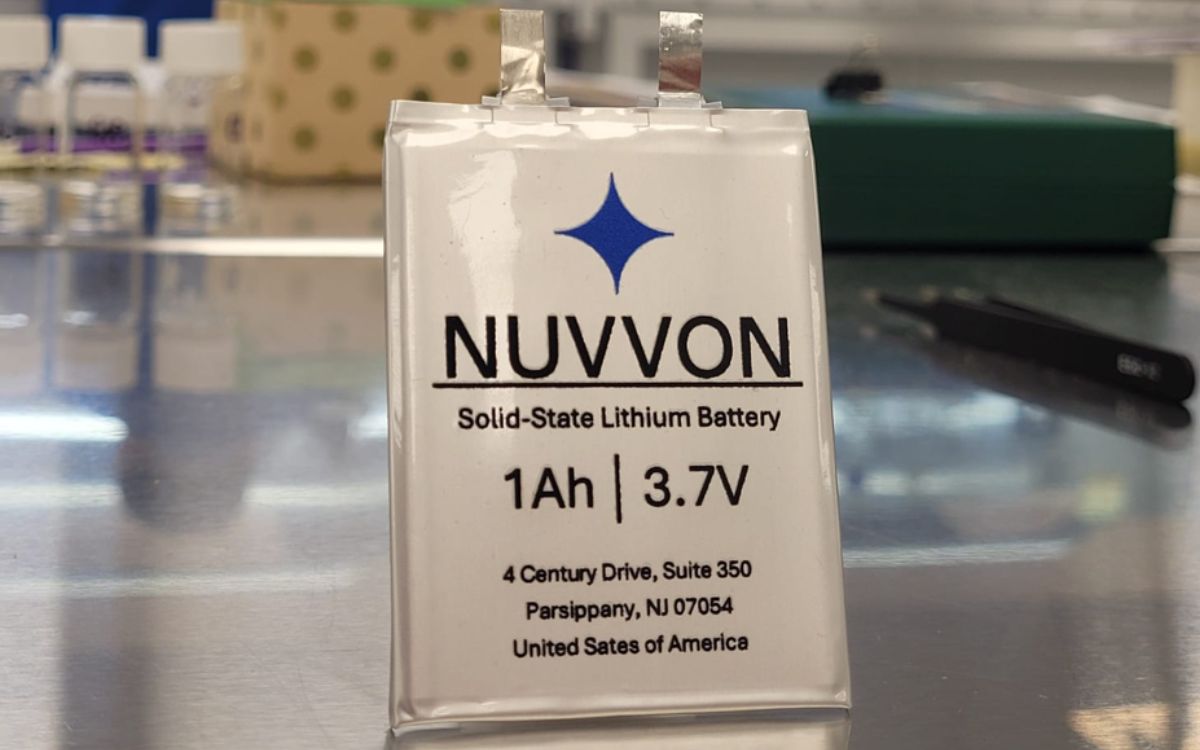Energy storage company Fluence Energy said a Swiss investment fund, MW Storage, selected it to deliver one of the largest battery energy storage projects in continental Europe.
The 100MW/200MWh BESS will be located in Arzberg, near the German-Czech border. Financial details were not disclosed.
The order comes on the back of Fluence’s fourth quarter earnings report. It said it had a record quarterly order intake in the last quarter of 2023. It resulted in its highest ever backlog.
The Q4 revenue was up 17% to $364 million year-on-year and although gross profit margin improved, the quarter resulted in a net loss of $25.6 million, compared to a loss of $37.2 million in the same quarter a year before.
Julian Nebreda, the US company’s president and CEO, said the company is off to a strong start for 2024 with a record quarterly order intake of $1.1 billion. “We continue to see a very robust market for energy storage, which is enabling the global energy transition to a clean energy grid,” he said.
“Additionally, we expect to start our battery module production at our Utah manufacturing facility in the summer of this year, and we expect a gradual ramp-up of production over the subsequent quarters.”
The company reaffirmed its 2024 full-year revenue forecast of $2.7–3.3 billion and adjusted EBITDA of $50–80 million. CFO Ahmed Pasha called it “another solid set of financial results” and said: “In addition, we believe we are in an excellent position from a balance sheet perspective, with the necessary liquidity to capitalise on the growing energy storage market.”
As at 31 December, the company had a pipeline of 13.2GW/37.8GWh, up 8% and 11% respectively.
Fluence said the German Federal Network Agency estimates the demand for large-scale battery storage will reach 23.7GW in 2037. That corresponds to 237 projects of the same size as the one to be delivered by MW Storage and Fluence.
It pointed to a recent study by Frontier Economics which stated that by 2050, energy storage assets will, among others, generate €12 billion in macro-economic value, reduce CO2 emissions by up to 6.2 million tonnes in 2030, and lower electricity costs for end customers.












